Whether a woman can truly ‘have it all’ might be a hotly discussed topic, but the rise of skincare-makeup hybrids – aka makeup with skincare benefits – suggests it’s at least possible when it comes to your beauty bag.
From boosting hydration to calming redness over-time, CF spoke to several leading makeup artists to discover what’s powering the trend for skincare-makeup hybrids. Plus, the reasons why you should slot one into your routine, whatever your makeup goal. Here’s what you need to know.
What are skincare-makeup hybrids?
“A skincare-makeup hybrid is makeup that contains ingredients that also offers skincare benefits,” explains the lead makeup artist for Face the Future, Rachael Divers. “For example, a foundation might include hyaluronic acid to hydrate your skin, or have ingredients like peptides, SPF and antioxidants to treat and protect.”
“It’s something that ultimately is designed to be used as a makeup item but is enriched with a significant amount of skincare so that it feels more comfortable than your normal makeup,” confirms the makeup artist and brand ambassador for IT Cosmetics UK and Ireland, Rose Gallagher, adding that these products “should also add benefits to your routine instead of just sitting on your skin.”
How are they different to ‘normal’ makeup?
You might not have realised it but traditional makeup formulas, especially foundations and concealers, often have some sort of natural oils, botanicals and vitamins within them to help with hydration, slip and skin finish. That’s technically a skincare benefit. But the newest skincare-makeup hybrid formulations have maximised the percentages of those skin-nourishing ingredients, plus added new ones that can help with wider skin goals.
Considering we tend to use makeup to improve skin appearance temporarily – be it covering a breakout or brightening a tired complexion – it makes sense to try and use the same products to boost skin health overtime.
View this post on Instagram
Why are skincare-makeup hybrids becoming popular?
“The majority of people majorly re-thought their skincare and makeup routines during lockdown. We went from having meticulous routines to more simplified ones and that has remained,” explains Gallagher. “We realised we didn’t need all the different products, and actually felt better for it. Also, people are more mindful of everything they put on their skin; they want products to work harder and often consider the environmental impact of having one product doing the job of several.”
“People are becoming more aware of the importance of looking after their skin,” agrees Divers. “‘Skinimalism’ has become a popular term, and customers are looking for multi-use formulas that give them skincare benefits along with the instant confidence-boosting effects of makeup. They want products that complement their lifestyle and allow them to maintain their healthiest skin, whilst also having the freedom to express themselves through makeup.”
What ingredients should you look out for?
The beauty of makeup with skincare benefits is that those benefits are extremely wide-reaching and there’s a wealth of ingredients to keep an eye on. “There’s squalene, hyaluronic acid, jojoba wax, vitamin E, vitamin C, niacinamide, zinc, oats, calendula, chamomile, and aloe vera just to name a few,” lists the natural beauty expert and brand owner, Ere Perez.
To avoid getting overwhelmed, keep your wider skin goals in mind – whether that be hydration, redness-reduction or skin glow. Then, cast your mind over some of the most popular ingredients in your current skincare routine; that’s a great place to start when identifying your skincare-makeup hybrid priorities.
View this post on Instagram
Does ‘normal’ makeup negatively affect your skin?
Despite the boom in makeup with skincare benefits, the expert opinion is that traditional formulations shouldn’t be vilified. That’s in spite of some formulas, especially full-coverage ones, being blamed for clogging pores and causing breakouts.
“I feel passionately that makeup doesn’t negatively affect your skin and that this is a real myth,” reveals Gallagher. “I think [makeup only] can if you’re not removing it properly, especially if you are using a full coverage product that has an SPF in it. But, if everything that goes on comes off I don’t see it being a problem.”
Perez agrees, recognising that it’s often bad makeup habits that result in skin issues: “Makeup isn’t bad for your skin per se, but… if you’re sleeping in your makeup or frequently wearing it for heavy gym sessions where you’re more likely to sweat, then your skin will be more prone to congestion and irritation.”
What really sets skincare-makeup hybrids apart from traditional makeup is not their ability to avoid ‘harming’ the skin, but their focus on further boosting its appearance, via hydrating, brightening and soothing formulas.
Are there any drawbacks to skincare-makeup hybrids?
“It’s important to note that hybrid skincare-makeup shouldn’t replace a proper skincare routine, and that hybrid products can only do so much in the way of improving your skin,” notes Divers. “Although the formulas can be helpful, they don’t have the potency that specialist, targeted skincare has. Think of them more as an extra benefit to compliment your skincare routine, rather than the sole solution to your skincare needs.”
With that in mind, below are seven reasons and recommendations to help you get the most out of your skincare-makeup hybrids:
Seven reasons to use makeup with skincare benefits:
1. For dry skin
“From a makeup artist’s perspective I would say dry skin in particular responds really well to these hybrids,” reveals Gallagher. “When your skin is dry your makeup never sits as well as it does when its hydrated. So, if you’re using something predominantly skincare-based you tend to find the skin looks plumper, juicier, healthier. And when the skin is hydrated it’s much less likely to go patchy.”
“Collagen is a lovely ingredient to have in your formula for a juicy, plump skin-finish that feels great and gives makeup a smoother finish,” Gallagher continues. “Hyaluronic acid too, to retain moisture without overloading oilier skin, and niacinamide to support the skin’s barrier which helps avoid dry patches.”
2. For redness and rosacea
A better understanding of – and discussions around – rosacea-type skin types has arguably helped power the popularity of skincare-makeup hybrids. That’s because the skin condition – categorised by flushing, redness and sensitive skin – means individuals prone to it are looking for effective coverage that won’t irritate or cause flare-ups.
Colour correcting tints have become a lot more natural on the skin and ingredients such as soothing provitamin B5 can help calm your complexion over time.
3. For added UV protection
While you should be using a stand-alone SPF for complete UV protection, your makeup can provide a little extra help against UV rays with the tinted coverage you want for healthy-looking skin. Look for an SPF rating as high as possible because you probably won’t be applying your makeup as liberally as you would a traditional sunscreen; you are therefore unlikely to get the full amount of UV protection marketed on the bottle.
4. For breakout-prone skin
“Skincare-makeup hybrids are particularly popular with people who have acne-prone skin,” says Divers. That’s because they provide coverage should someone want to conceal breakouts, without clogging the skin. “People with acne-prone skin could also benefit from formulas that contain ingredients like salicylic acid, which helps to decrease oil production and unclog pores.”
That said, Gallagher recommends “treating oiliness with an oil-specific routine and then applying makeup. A skincare-makeup hybrid product [on its own] wouldn’t be my first choice for oily skin types.” If you are on the oily side and fancy trying a makeup option with skincare benefits, try “ingredients like charcoal and colloidal clay which help control oil and give a velvety finish,” she recommends.
5. For the first signs of ageing
“If you’re looking to prevent the first signs of ageing, definitely look for an antioxidant in your skincare-makeup formula,” says Gallagher. “It’s great to have that in your everyday base given that pollution can have such a big impact on the onset of fine lines.”
This is due to the fact that pollution and other environmental aggressors can generate free radicals in your skin; these target key structural components of your skin, including collagen and elastin, leading to fine lines. Antioxidants to look out for include green tea, camellia seed oil and vitamin C.
6. For boosting glow
Another benefit of skincare-makeup hybrids is that they tend to be in the form of nourishing tints and washes of colour that add a healthy glow to your complexion with a subtle finish. “You want to use makeup to enhance your natural beauty, not hide it,” says Perez.
That also means they work for all ages: “My 14-year-old daughter and I use the same hybrid products, as teenage and menopausal skin have similarities in sensitivity,” Perez reveals. For longer-term brightening results look to formulas that contain vitamin C or other fruit extracts, especially if you want to use them around the eye area.
7. For your lashes and brows
It’s not just your skin that can take advantage of makeup with skincare benefits – “the right makeup can also protect your lips, lashes, brows,” says Perez. These areas are actually the most delicate parts of your face, so focus on products that are filled with “nourishing and conditioning ingredients that support growth and strength.”
We may earn a commission if you buy something from any affiliate links on our site.





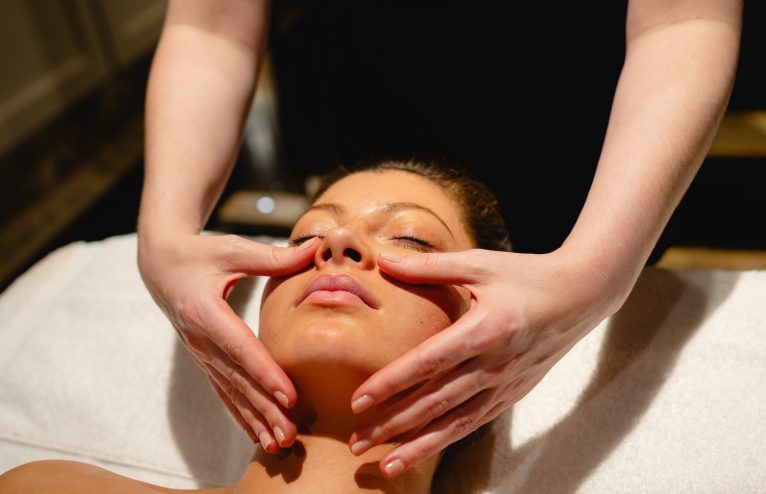





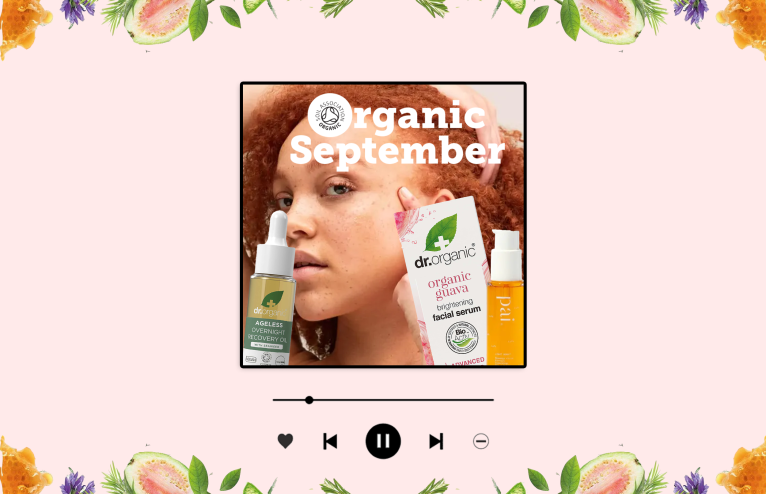




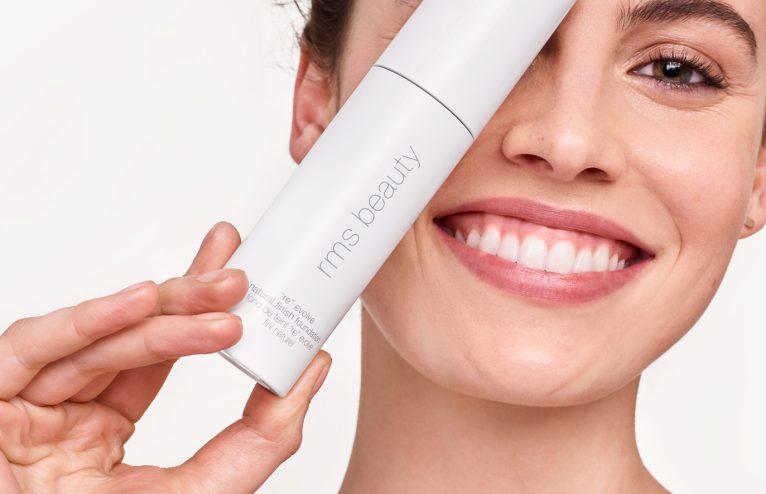
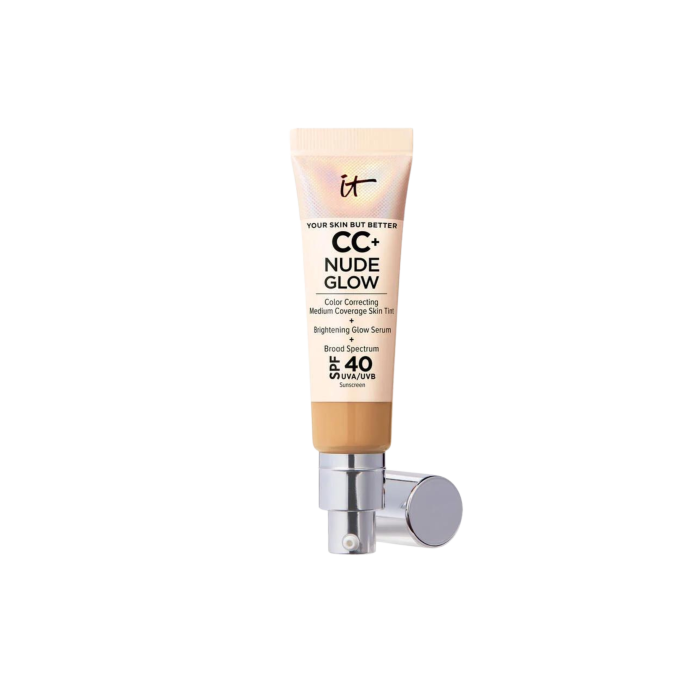
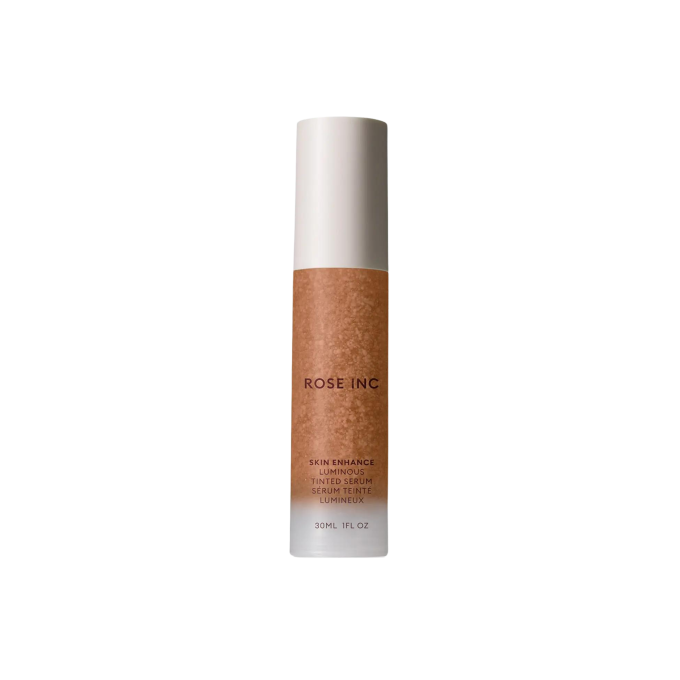
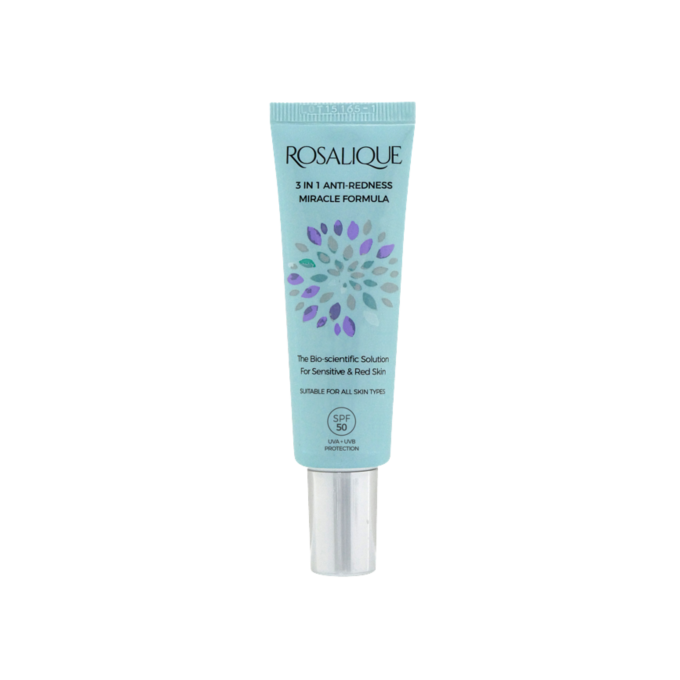
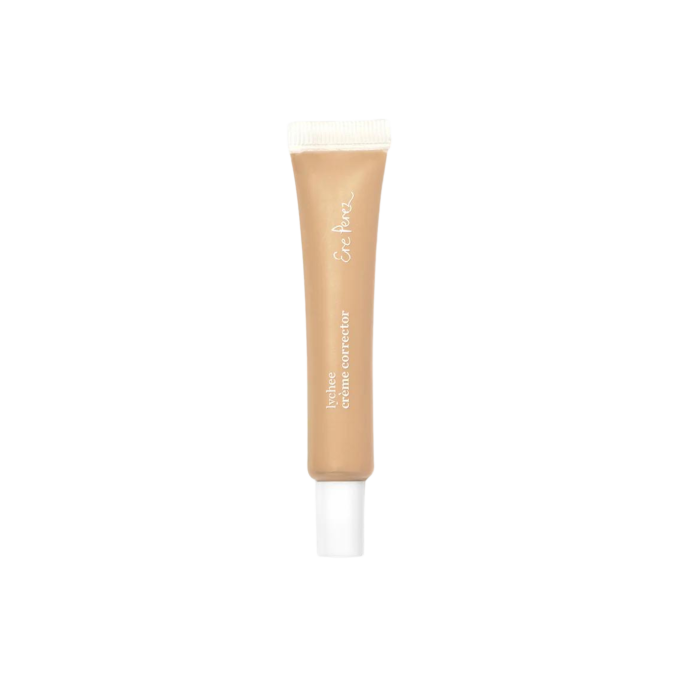
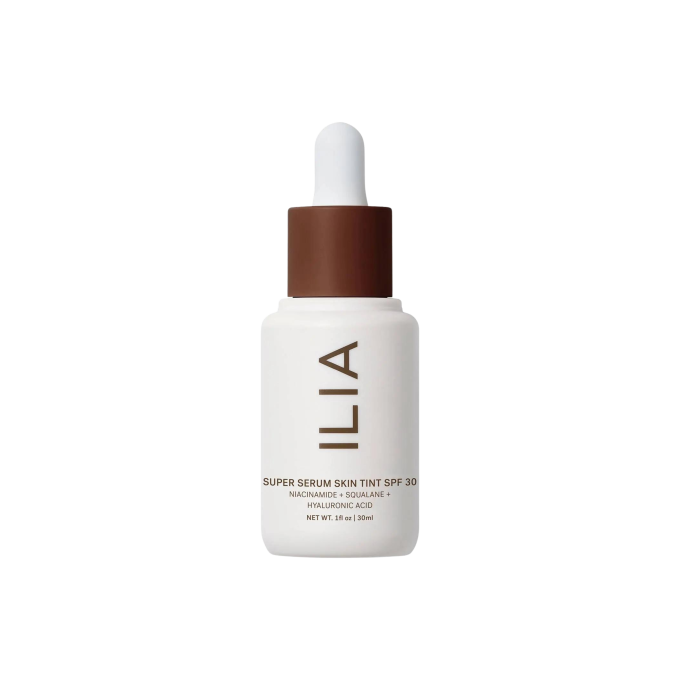
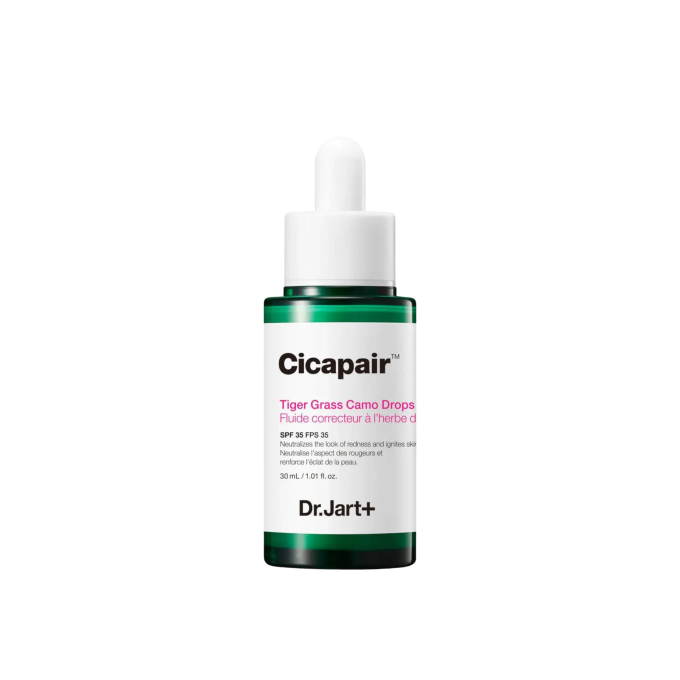
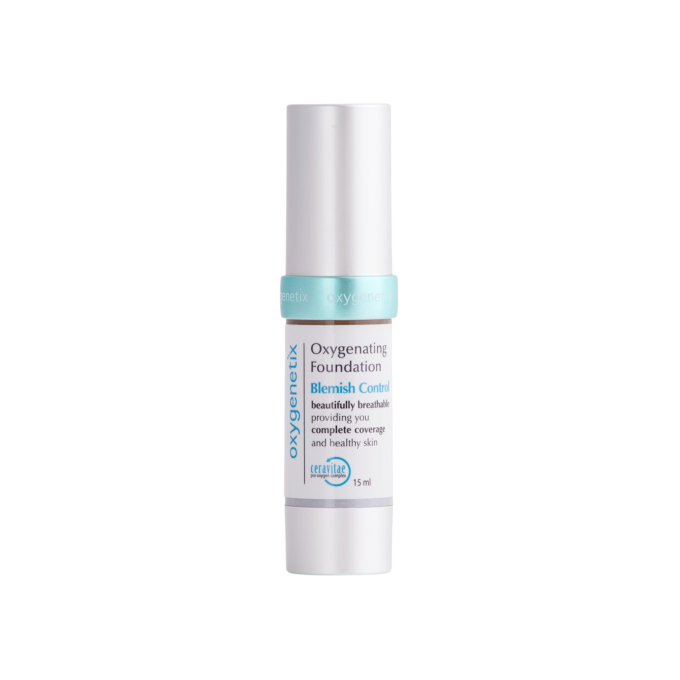
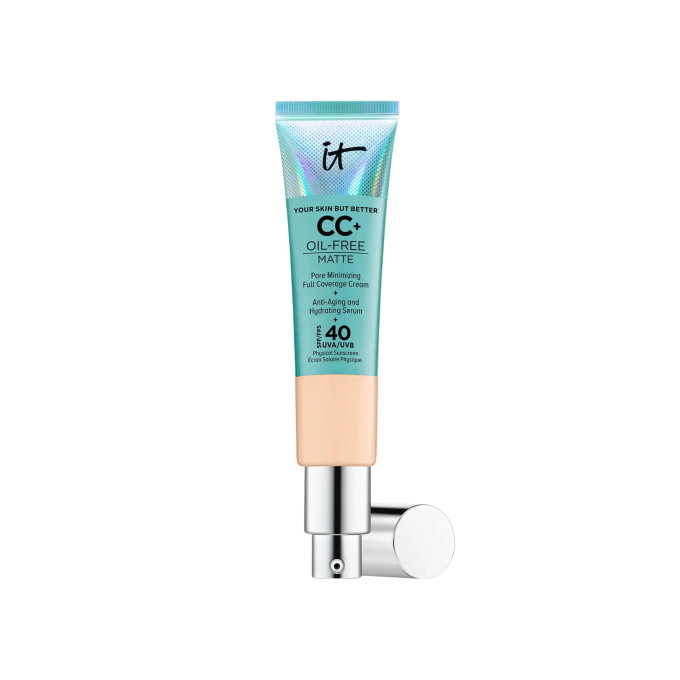
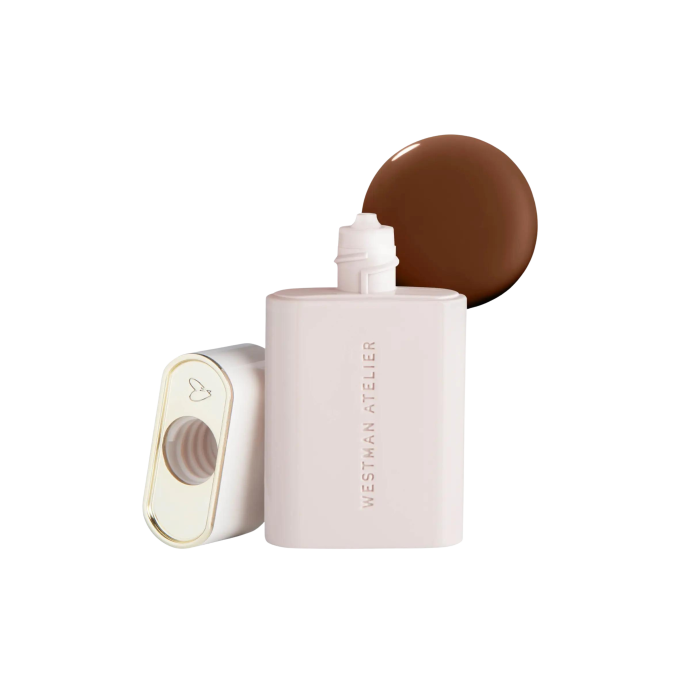
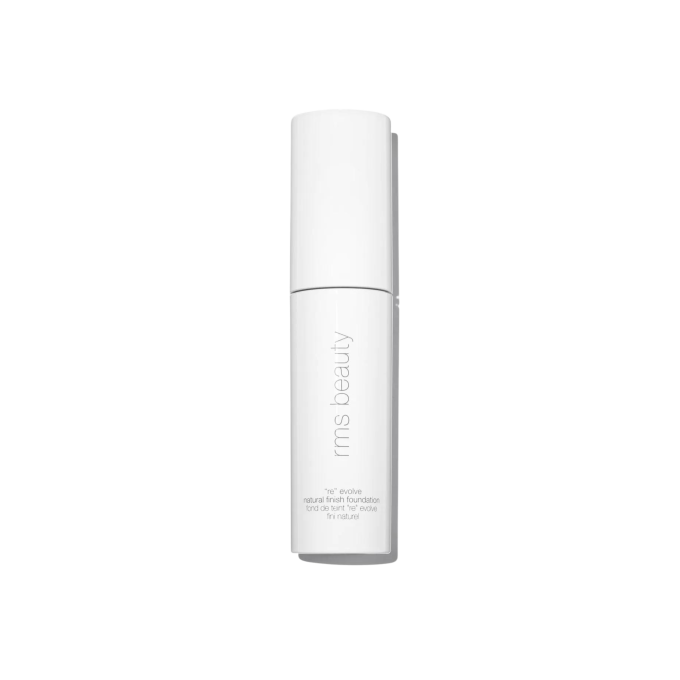
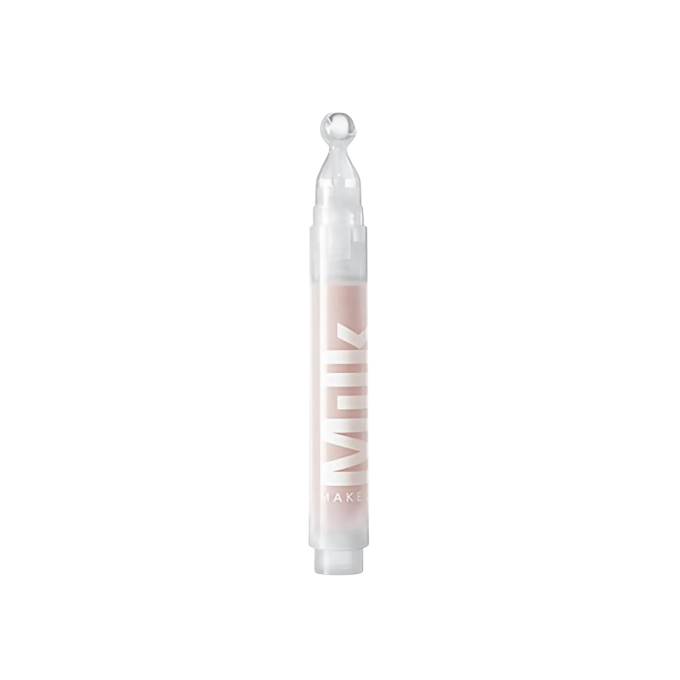
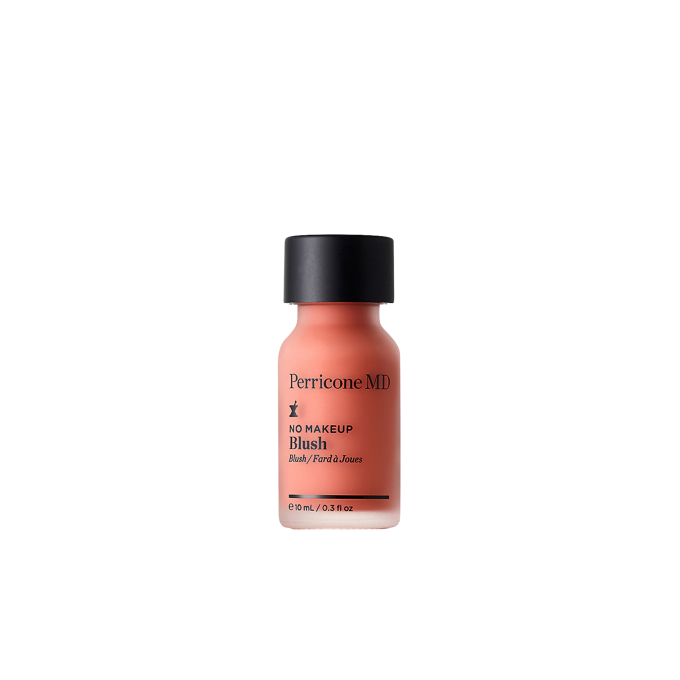
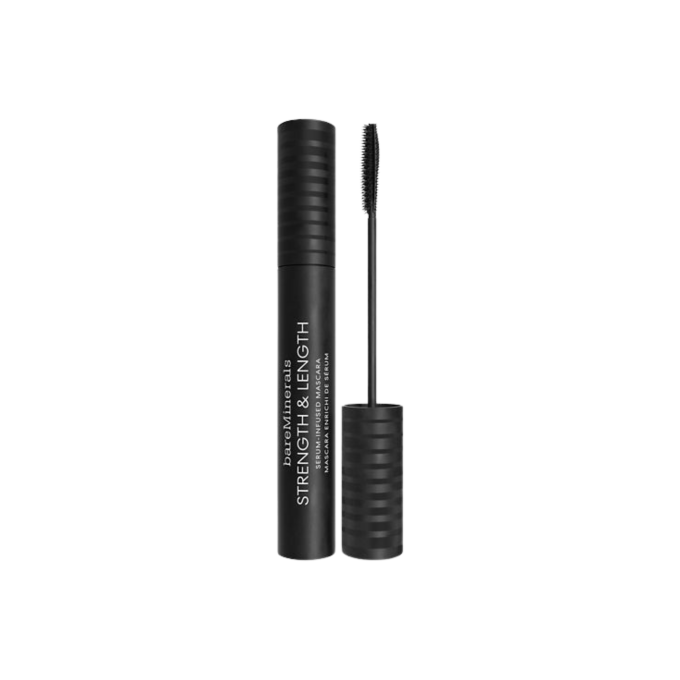
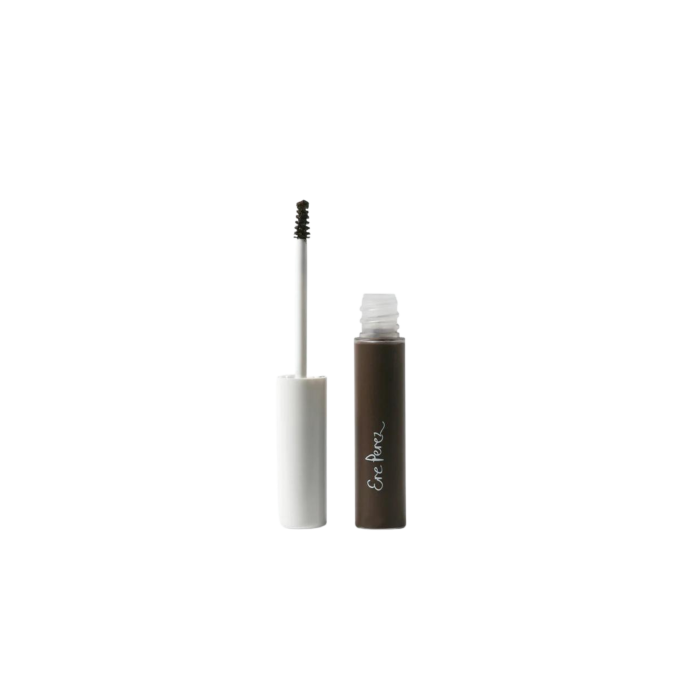
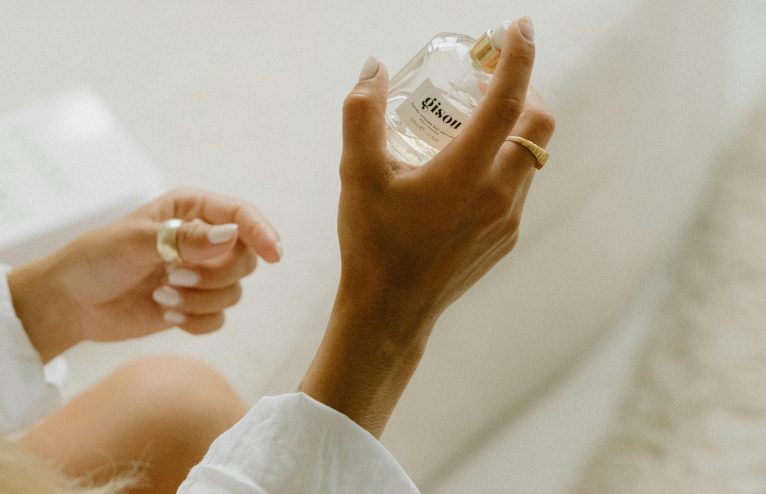

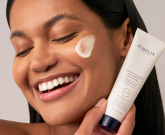

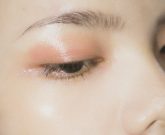
Any Questions or Tips to add?